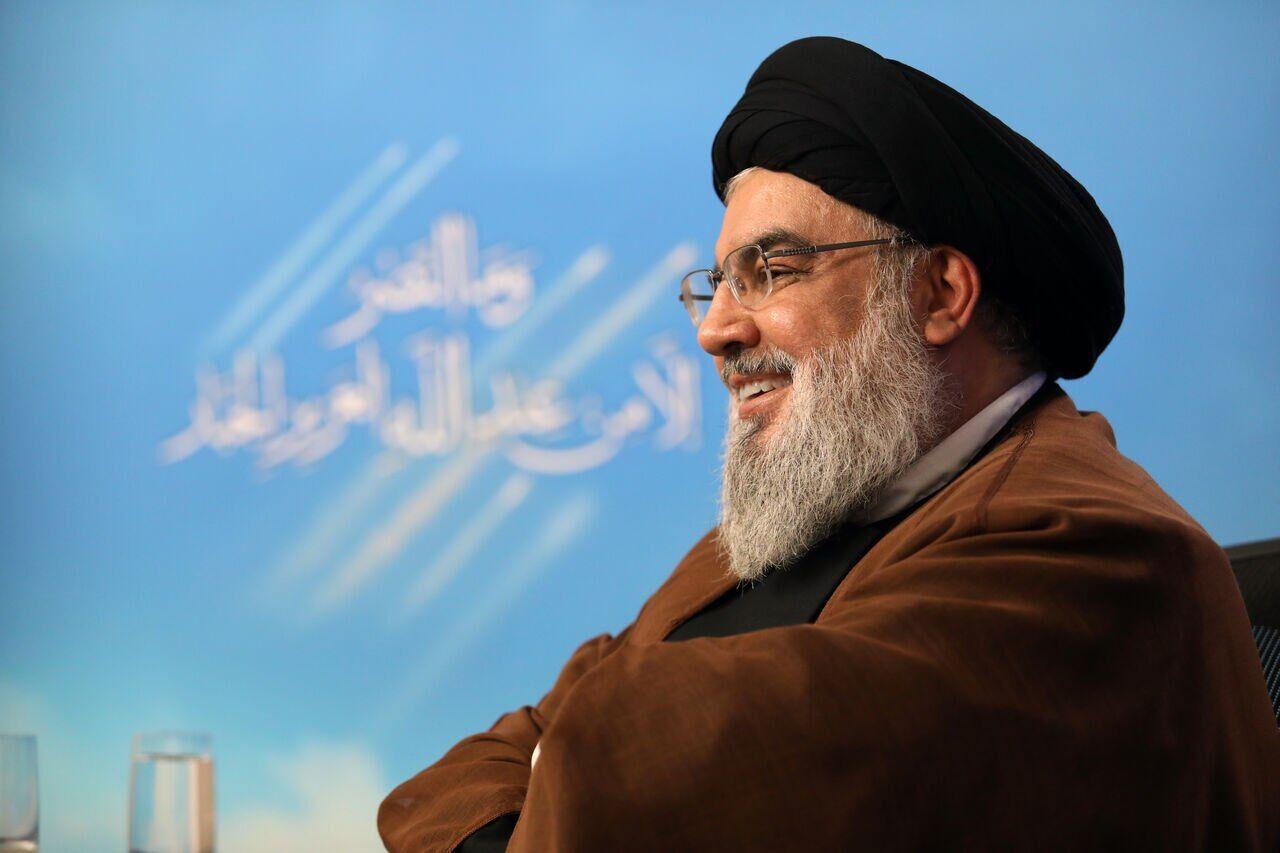Hezbollah Leader Hassan Nasrallah Killed in Israeli Airstrike in Beirut
 News
NewsAhmed Shurau
Hezbollah has confirmed that its leader, Hassan Nasrallah, was killed in an Israeli airstrike on Friday in the southern Beirut suburb of Dahiyeh, marking a significant escalation in the ongoing conflict between Hezbollah and Israel. Nasrallah, who led the militant group for over three decades, was one of the founding members of Hezbollah and had been a central figure in Lebanon’s political and military landscape.
In a statement issued on Saturday, Hezbollah declared that Nasrallah had "joined his fellow martyrs," vowing to continue its "holy war against the enemy and in support of Palestine." The group also mourned the loss of other key leaders killed in the attack, including Ali Karki, commander of Hezbollah's Southern Front.
The Israeli military confirmed it had conducted a precision airstrike, targeting a meeting of Hezbollah’s leadership. The Lebanese Health Ministry reported six casualties and 91 injured in the strike, which destroyed several apartment buildings in the area. Israeli officials stated the operation was the result of years of intelligence gathering and a real-time opportunity to strike Nasrallah.
The airstrike also claimed the life of Iranian Revolutionary Guard General Abbas Nilforushan, a prominent figure in Tehran’s military structure, according to Iran's state media. The general had been sanctioned by the U.S. for his role in Iran's military operations.
Following the confirmation of Nasrallah’s death, gunfire rang out across Beirut as mourners took to the streets to express their grief. "Wish it was our kids, not you, Sayyid!" cried one woman in Baabda, using the honorific for Nasrallah, as she held her baby.
Hamas, Hezbollah’s ally in Gaza, issued a statement offering condolences and asserting that such assassinations would only strengthen the resistance in both Lebanon and Palestine.
Nasrallah’s death has sent shockwaves through Lebanon, where hundreds of people rushed to Beirut’s international airport in an attempt to leave the country amid fears of further violence. Emotional scenes unfolded at the airport, with many in disbelief over the sudden loss of Hezbollah’s long-time leader.
Israel has vowed to continue its military operations against Hezbollah, signaling that the death of Nasrallah is unlikely to bring an immediate halt to hostilities. Analysts warn that the killing could provoke a significant retaliation from Hezbollah and further destabilize an already volatile region.
The airstrike marks one of the most high-profile targeted assassinations in the decades-long conflict between Israel and Hezbollah, raising questions about the potential for further escalation in Lebanon and beyond.
 Sports12/16/20252nd Masters Athletics Championship Maldives 2026 Open for Registration
Sports12/16/20252nd Masters Athletics Championship Maldives 2026 Open for Registration News12/15/2025Customs Seize MVR 2.4 Million Worth of Cannabis at VIA
News12/15/2025Customs Seize MVR 2.4 Million Worth of Cannabis at VIA Business12/15/2025Ooredoo Maldives Launches New Roaming Data Add Ons for Travelers
Business12/15/2025Ooredoo Maldives Launches New Roaming Data Add Ons for Travelers.jpg&w=3840&q=75) News12/15/2025PG Office Files Charges Against 10 in Major Cigarette Theft Case
News12/15/2025PG Office Files Charges Against 10 in Major Cigarette Theft Case